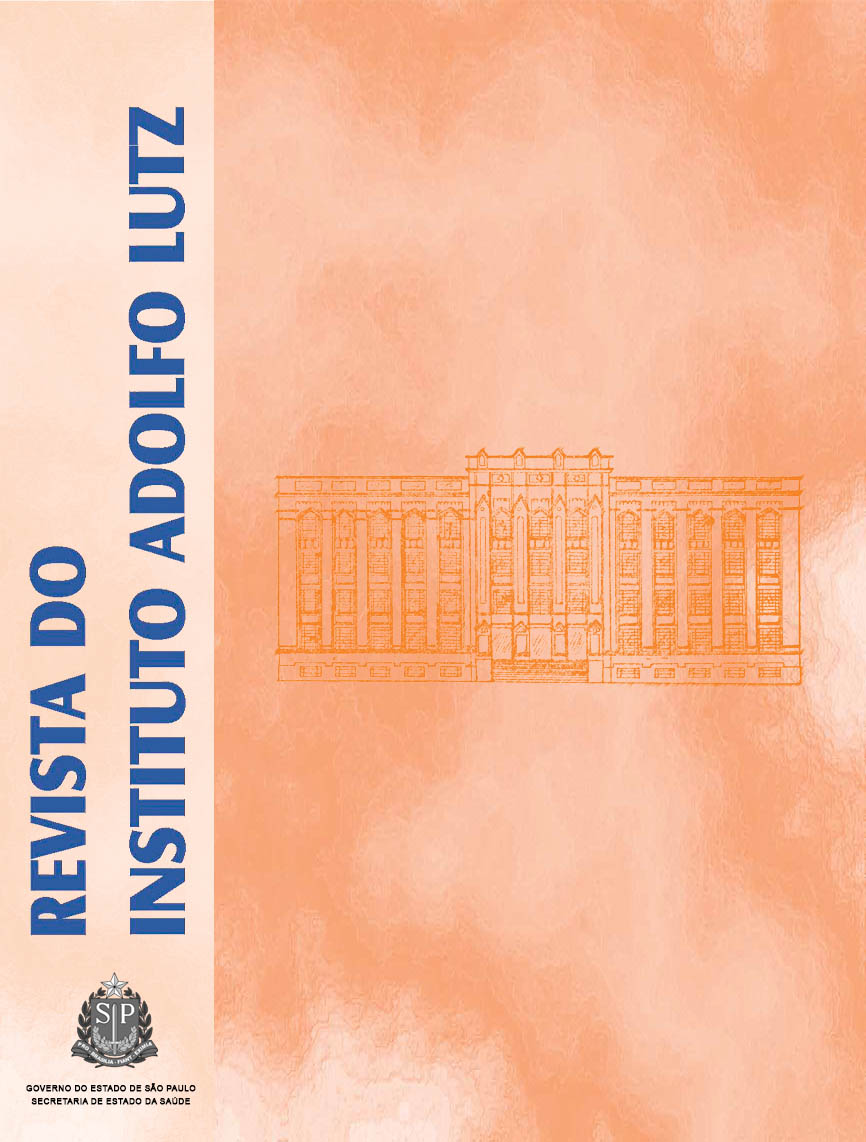Abstract
The purpose of this study was to determine the oxidative stability and the total changes in both refined soybean oil and hydrogenated vegetable fat during frying process of chipped potatoes, at temperatures of 170 and 180ºC. The frying procedures were carried out in a household frying-pan, where the oil was heated for up to 7.5 hours with periodical addition of fresh oil. In oil samples collected during the frying process, the oxidative stability measurement (hours), and the total polar compounds (%) were determined. Results from these analytical determinations were submitted to variance analysis, using a factorial system, in a thoroughly randomized design. A shortening of induction period was noticed according to the increase in heating period of time whatever the oil types and temperatures were used. It is noteworthy to mention that the induction period values were higher in frying processes with hydrogenated vegetable fat than those observed in refined soybean oil, which can be attributed to the lower grade of unsaturation in hydrogenated vegetable fat. It was observed that the samples presented total polar compounds values below than the discarding limit for frying oils according to the legislation (24-27%), which may be due to the low surface/volume ratio, and also for frequent replacing with fresh oil.References
1. Dobarganes MC, Pérez-Camino MC, Márquez-Ruiz G. Determinación de compuestos polares en aceites y grasas de fritura. Grasas y Aceites1989; 40: 35-8.
2. Bracco U, Dieffenbacher A, Kolarovic L. Frying performance of palmoil and palm liquid fractions. J Am Oil Chem Soc 1981; 58: 6-12.
3. Fedeli E. The behaviour of olive oil during cooking and frying. In:Varela G, Bender AE, Morton IA, editors. Frying of food: principles,changes, new approaches. Chichester: Ellis Horwood; 1988. p. 52-81.
4. Lomanno SS, Nawar WW. Effect of heating temperature and time on thevolatile oxidative decomposition of linolenate.J Food Sci 1982; 47:744-52.
5. Gere A. Study of some factors affecting frying fat deterioration. FetteSeifen Anstrichm 1983; 85: 18-22.
6. Stevenson SG, Vaisey-Genser M, Eskin NAM. Quality control in theuse of deep frying oils. J Am Oil Chem Soc 1984; 61:1102-8.
7. Dobarganes MC, Pérez-Camino MC. Frying process: selection of fatsand quality control. In: International Meeting on Fats & OilsTechnology Symposium and Exhibition, 1991:58-66.
8. Jorge N, Soares BBP. Comportamento do óleo de milho em frituras.Rev Inst Adolfo Lutz 2004; 63(1): 63-9.
9. Sanibal AAE, Mancini-Filho J. Alterações físicas, químicas enutricionais de óleos submetidos ao processo de fritura. Food IngridSouth Am 2002; 18:64-71.
10. American Oil Chemists’ Society. Official methods and recommended practices of the American Oil Chemists’ Society; 1993.
11. Waltking AE, Wessels H. Chromatographic separation of polar andnon-polar components of frying fats. J Assoc Off Anal Chem 1981;64:1329-30.
12. Dobarganes MC, Pérez-Camino MC, González-Quijano RG. Métodosanalíticos de aplicación en grasas calentadas. I. Determinación de ésteres metílicos no alterados.Grasas y Aceites 1984; 35:172-7.
13. Del Ré PV. Comportamento de óleos vegetais em frituras descontínuasde produtos pré-fritos congelados. São José do Rio Preto, 2003. [Dissertação de Mestrado Engenharia e Ciência de Alimentos – Institutode Biociências, Letras e Ciências Exatas, Universidade Estadual Paulista].
14. Lumley ID. Polar compounds in heated oils. In: Varela G, Bender AE,Morton ID, editores. Frying of foods: principles, changes, newapprouches. Chichester: Ellis Horwood; 1988.166-73.
15. Firestone D, Stier RF, Blumenthal MM. Regulation of frying fats andoils. Food Tecnology 1991; 45: 90-4.
16. Masson L, Robert P, Romero N, Izaurieta M, Valenzuela S, Ortiz J et al.Comportamiento de aceite poliin saturados en la preparación de patatas fritas para consumo inmediato: Formación de nuevos compuestos ycomparación de métodos analíticos. Grasas y Aceites 1997; 48: 273-81.
17. Jorge N. Alterações em óleos de fritura. Hig Alimen 1997; 11:15-22.
18. Warner K, Orr P, Parrot L, Glynn M. Effects of frying oils compositionon potato chip stability. J Am Oil Chem Soc 1994; 71:1117-21.

This work is licensed under a Creative Commons Attribution 4.0 International License.
Copyright (c) 2005 Instituto Adolfo Lutz Journal
